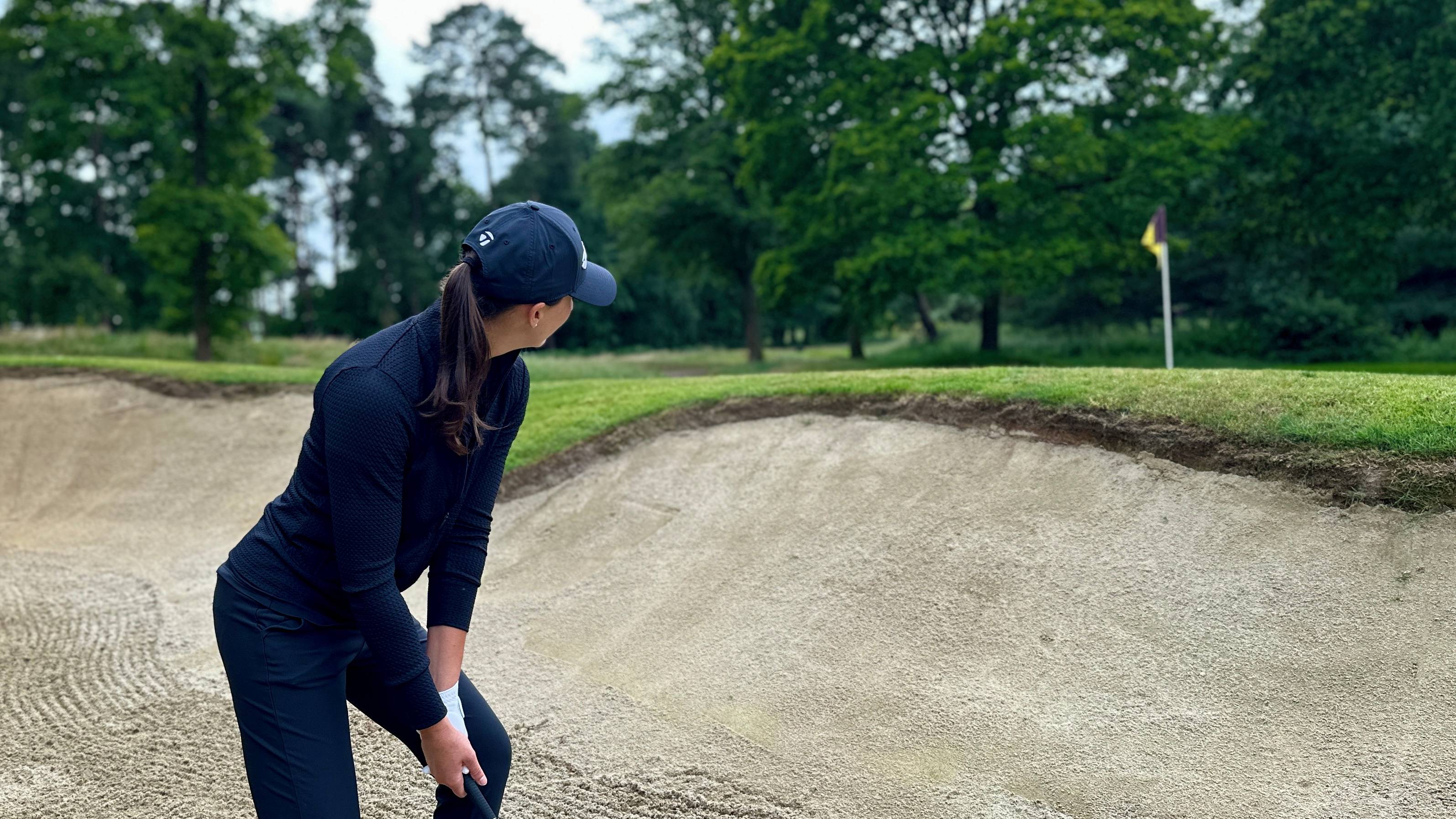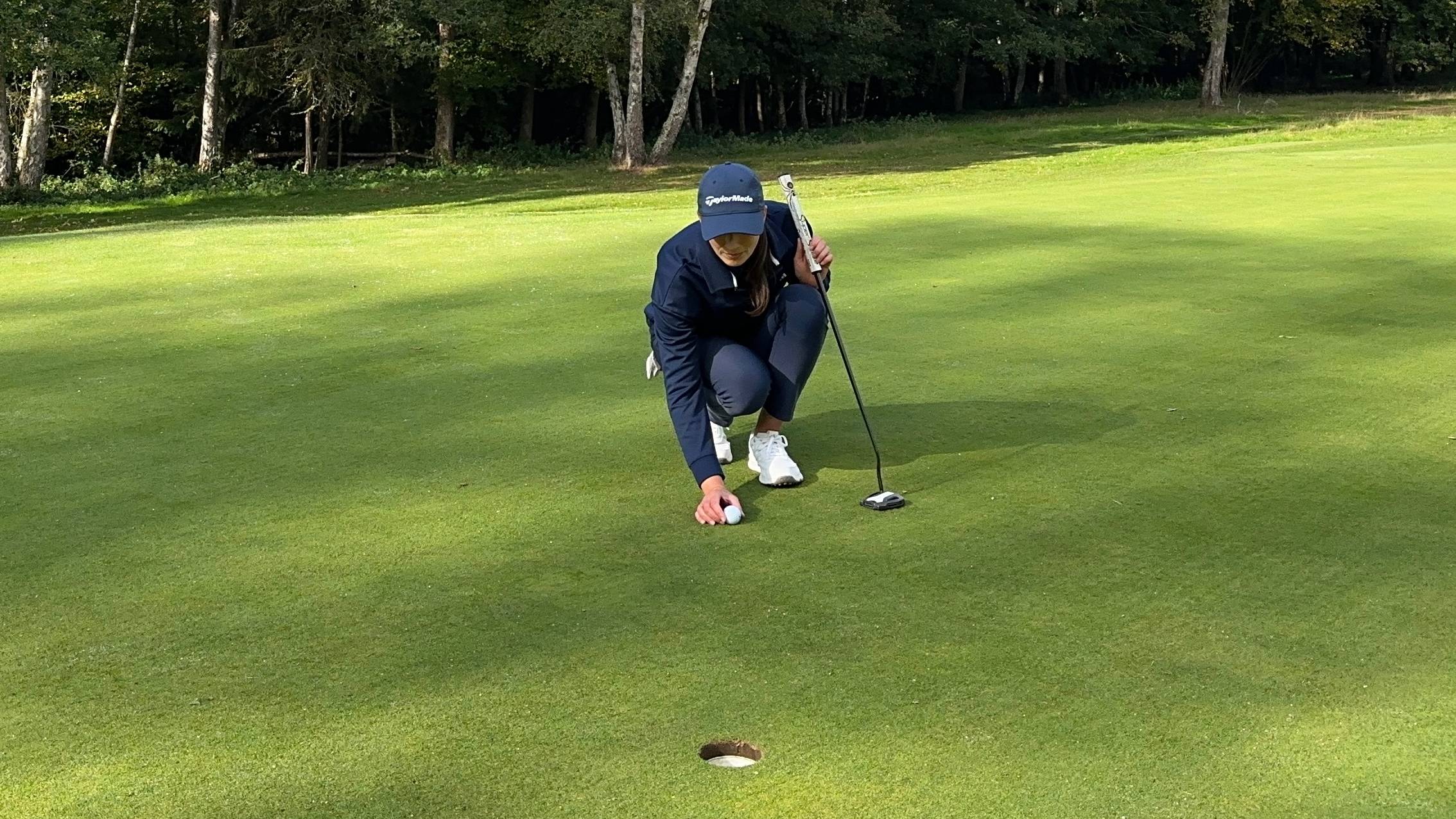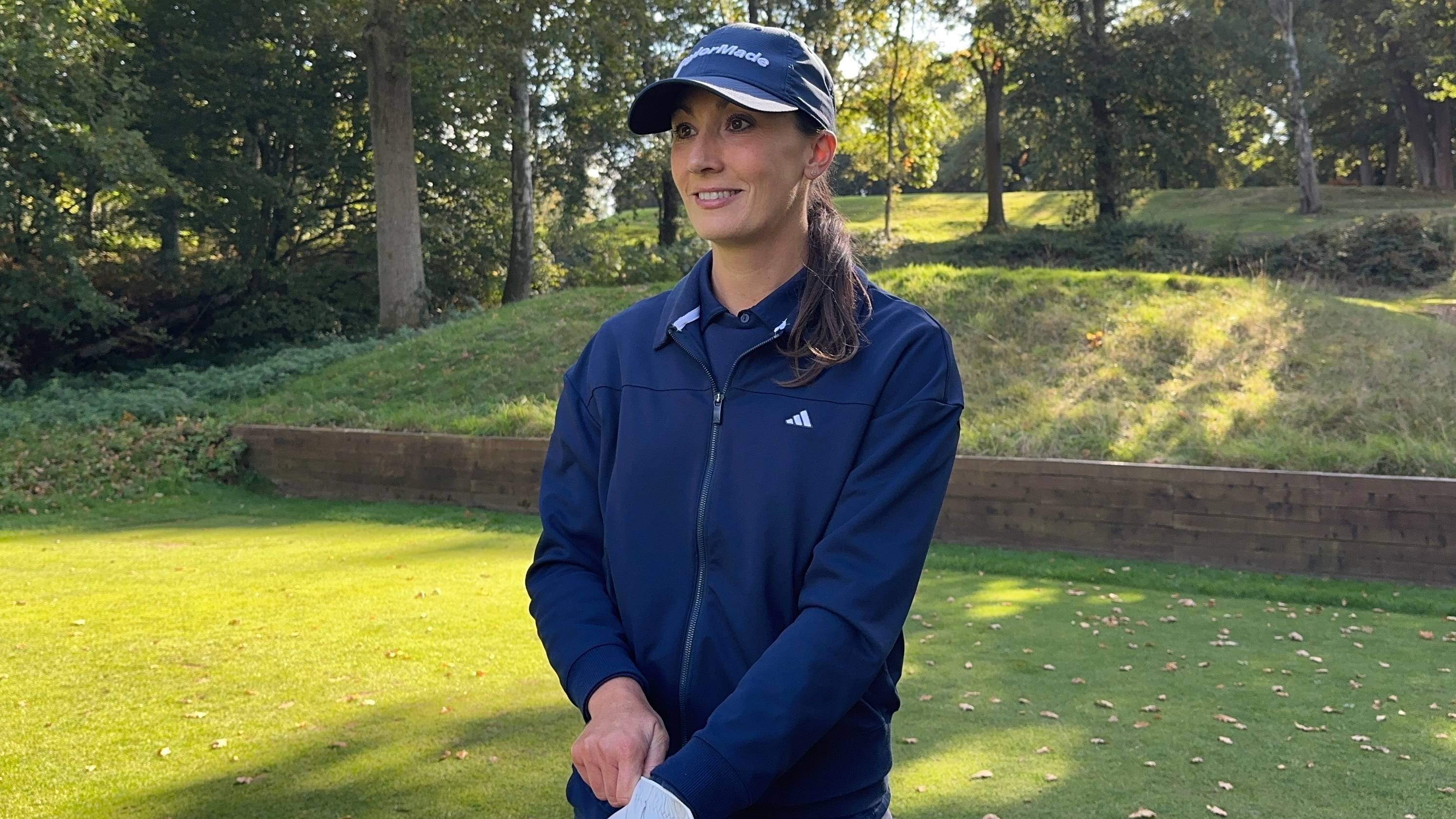Winter is one of the most important times of the year for your golf, even if it feels like the opposite. With competitions winding down and playing conditions getting tougher, it gives you the breathing space to make real progress before the new season arrives.
For most golfers, that means making swing changes and there isn’t a better time to work on those. But there’s another part of your game that’s just as important: the mental game.
Mental skills like focus, resilience, playing under pressure and course strategy are muscles that can be built – just like your golf swing. And when you do both, you’ll step into the spring ready to shoot your lowest scores.
You may like
Build Your Focus Bandwidth
Focus is one of the most underrated skills in golf. A round is a mental marathon, so it’s only natural that our attention drifts, especially when a shot or hole doesn’t go as planned.
But those moments are turning points and how you respond to them can make all the difference. That’s why building your focus bandwidth is a skill worth training.
One of my favourite ways to do this is by using a focus word. The word itself doesn’t matter as much as what it means to you. The key is that it becomes your signal to reset and bring your concentration back to the shot at hand.
Paired with a behaviour, like a deep breath or putting your glove on, it can become a powerful part of your pre-shot routine.
Build your focus bandwidth on the range this winter, by using your focus word before every shot. Pause, take a deep breath, say your focus word and then commit fully to the shot ahead.
Boost Your Bounce-Back Ability
Golf isn’t about fearing mistakes – it’s about learning to recover quickly from them.
Use your autumn rounds and winter practice to notice how you respond to bad shots and train yourself to reset fast. Try the “next ball, best ball” rule: no matter what just happened, your next shot deserves your full commitment.
This mindset is especially helpful on the range, particularly when you’re making swing changes and those inevitable “wonky” shots appear. Instead of reacting to them with frustration, practice your response. You can even turn it into a drill: deliberately hit a poor shot, then challenge yourself to hit a cracking one after.
The more you train this now, the more automatic it becomes on the course. By spring, instead of spiralling after a mistake, you’ll instinctively reset and move forward, a habit that saves shots and keeps rounds on track.

After a poor shot, challenge yourself to hit a good one
(Image credit: Jess Ratcliffe)
Train Yourself to Play Under Pressure
Winter might not bring many competitions but that doesn’t mean you can’t train for them. The key is to create high-pressure, low-consequence situations, like challenging a friend to a winter match, joining a roll-up you’ve never played with before or setting yourself mini on-course goals that make your heart rate rise just a little.
Ask yourself: what would make me feel nervous? Then, instead of avoiding those moments, step into them. Each time you do, you’re training your ability to perform under pressure.
By the time the next season starts, you’ll already be competition-ready, not rusty, because you’ve spent the winter getting comfortable being uncomfortable.

Learn to perform under pressure
(Image credit: Jess Ratcliffe)
Sharpen Your Decision-Making Skills
It’s not always your swing that costs you – sometimes it’s your shot choices. Those moments where you go for the hero shot, take on the risky carry or pull the club that felt 50/50…and immediately wish you hadn’t.
Winter is the perfect time to reflect on those decisions. Review your rounds and ask yourself: where did poor choices cost me shots? Where could a smarter play have saved me?
Spot the patterns, learn from them and take those insights into next season. I’ll use my Shots Lost Scorecard tool to help with this, so I can make notes on where my course management or strategy might have cost me.
Decision-making is one of the fastest ways to save strokes and it’s a skill you can sharpen without even touching a club.

Think about the right choice of shot
(Image credit: Jess Ratcliffe)
Build A Pre-Shot Routine You Can Trust
Your pre-shot routine is your anchor under pressure. A good one calms your mind, focuses your attention and sets you up to swing freely.
Winter is the ideal time to refine it. Experiment with different steps – a visualisation, a deep breath, a focus word – and find a flow that feels natural to you.
Then rehearse it relentlessly. Make it part of every practice session until it becomes automatic.
By the time spring arrives, your routine will be second nature. And when nerves inevitably show up in a medal or match, you’ll have a reliable process to fall back on – one that steadies your mind and gives you the best chance to perform at your best.
Work on your swing this winter – but don’t leave your mind behind. By building both, you’ll transform your game and be ready to start next season strong.
Want a structured plan that combines mental game training and swing work this winter? I’d love to help through my Winter Reboot Roadmap.
Follow Jess on Instagram.







